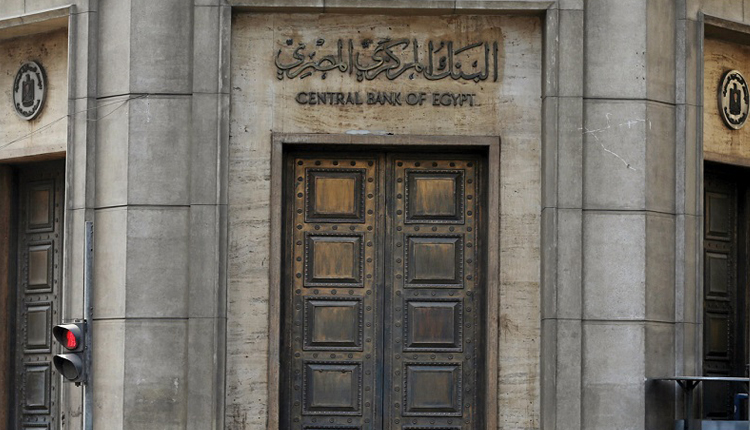Foreign investments in Egyptian government securities fell to around 269.11 billion Egyptian pounds ($15 billion) by the end of July, central bank data showed on Thursday.
The figures fell from 299.06 billion pounds at the close of the fiscal year at the end of June.
Egypt floated its pound currency in November 2016, as part of an ambitious economic reform programme tied to a $12 billion IMF loan aimed at boosting growth after years of turmoil drove tourists and foreign investors away.
It became one of the world’s hottest destinations for portfolio investors last year after short-term yields touched 22 percent, the result of aggressive central bank rate increases aimed at curbing inflation.
Egypt’s finance ministry said on Tuesday it cancelled three and seven-year treasury bond sales, an auction that had had a total value of 3.5 billion Egyptian pounds ($196 million).
The tender was cancelled on Monday because the interest rates required were “not within the logical limits”, although it was covered 1.6 times, the ministry said in a statement. It did not elaborate on the details of the interest rates required.
But later on Tuesday the ministry announced the sale of five-year treasury bonds worth 3.5 billion pounds at an interest rate of 17.65 percent.
Egypt aims to reach an average interest rate on government debt instruments in the current financial year 2018-2019 budget of about 14.7 percent compared with 18.5 percent in the 2017-2018, which ended on June 30.
Egypt’s funding needs in the 2018-2019 budget are about 714.637 billion pounds, of which 511.208 billion pounds are in the form of domestic debt instruments and the rest are external financing from the issuance of bonds and an IMF loan.
